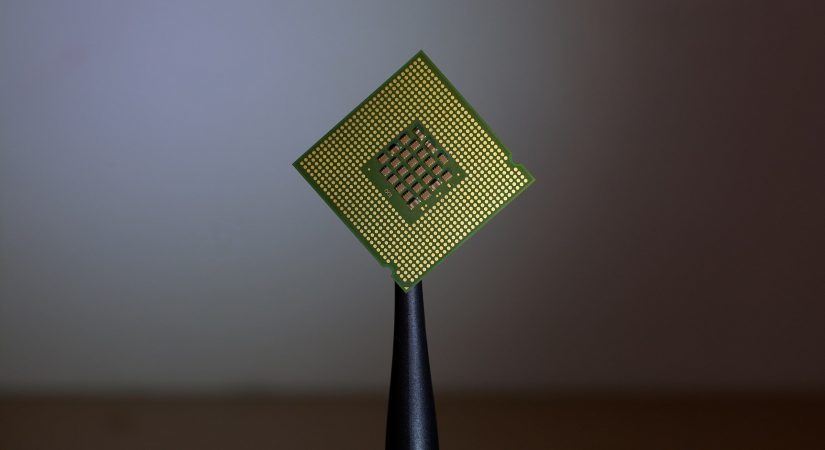The Netherlands has announced plans to impose restrictions on the export of its “most advanced” microchip technology in order to safeguard national security.
This decision comes in the wake of similar measures taken by the US. The restrictions will affect products from the chip equipment manufacturer ASML, which is a crucial player in the global microchip supply chain.
China has lodged a formal complaint against the move, stating that it hopes the Netherlands will not follow in the footsteps of other countries that have abused export control measures. China has frequently accused the US of acting as a “tech hegemony” in response to export controls imposed by Washington.
Semiconductors, which are used in everything from mobile phones to military equipment, have become a focal point in the escalating tensions between the US and China. Mao Ning, a spokeswoman for the Chinese Foreign Ministry, has argued that the Dutch move aims to deprive China of its right to develop.
Dexter Roberts, a senior fellow at the Atlantic Council think tank, has noted that the decision by the Netherlands is a significant development that represents a victory for the US and bad news for China. He has also warned that the move will only worsen an already strained relationship between the two countries.
Under the new rules, companies will be required to apply for licenses to export certain technologies, including “the most advanced Deep Ultra Violet (DUV) immersion lithography and deposition”. ASML has stated that it expects the restrictions to apply to its “most advanced immersion DUV systems”.
While the Dutch government has not named China or ASML in its announcement, it has acknowledged that the decision was made on national and international security grounds, taking into consideration both technological developments and the geopolitical context.
In conclusion, the Netherlands’ decision to impose restrictions on microchip technology exports underscores the growing importance of semiconductors in the ongoing trade war between the US and China. It remains to be seen how China will respond to these measures and how they will impact the global microchip supply chain.
